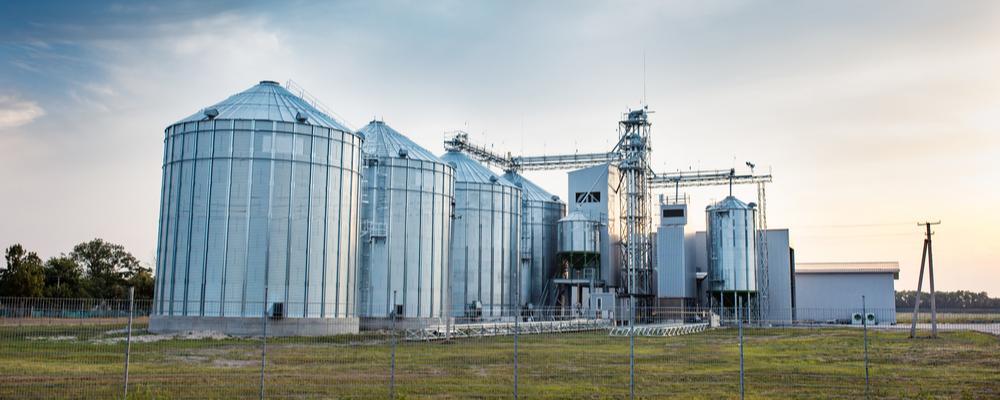Decatur Grain Ventilation Violation Attorney

Lawyers for Grain Silo Injuries and Explosions in Macon County, Peoria County, and Champaign County
Working on a farm can be dangerous, and there are a variety of different types of farm accidents that can lead to serious injuries or wrongful death. Grain bins, grain silos, and grain elevators are one common source of these injuries, and in many cases, workers suffer harm because these structures do not have proper ventilation. If a farm's owner did not follow the proper regulations to protect the safety of their employees, a personal injury lawyer can help victims determine their options for receiving financial compensation.
As a hometown central Illinois law firm, Kanoski Bresney understands the difficulties that farm workers often face following an injury, and we are dedicated to helping injury victims seek justice. Over our 40-year history, we have helped our clients recover over half a Billion, and we are prepared to fight on your behalf and make sure your family has the financial resources that will allow you to recover from your injuries. We pledge to provide you with the respect, response, and results you need.
Grain Bin Ventilation Violations
Grain silos are required to have the proper ventilation systems to address unsafe conditions that could affect the safety of workers. When grain dust builds up on surfaces inside a grain elevator, or when this dust becomes airborne, it can be a major fire hazard. A spark or heat source can lead to dangerous fires and grain bin explosions, which can cause serious burns and multiple other types of injuries.
To prevent fires and explosions, equipment should be cleaned regularly with vacuums to prevent the buildup of grain dust, and grain bins should include the proper ventilation systems. These systems should allow heat to escape while also filtering grain dust out of the air, reducing fire hazards.
Workers may also be at risk when entering a grain bin due to dangerous gases. Rotting or fermenting grain can produce excessive amounts of carbon dioxide or nitric oxide, increasing the risk of suffocation while a person is inside a grain elevator. A person may also be exposed to mold, or they may inhale toxic chemicals used to fumigate a silo for insect control purposes. These chemicals can lead to a variety of health issues, including heart disease, damage to the central nervous system, excessive fluid in the lungs, or cancer.
OSHA regulations specify the measures that should be taken to prevent injuries related to grain silo ventilation. The atmosphere inside a silo should be tested for toxic gases and fire hazards and to ensure that there is enough oxygen for a person to breathe safely. Ventilation should be used to address any unsafe conditions, and it should continue being used as long as there is the possibility that a person's health and safety could be threatened while inside a grain bin. If ventilation cannot completely eliminate these hazards, workers should be provided with respirators or any other safety equipment that may be needed.
Employees who have been injured while working may be eligible to receive workers' compensation. If an injury occurred because a farm's owner violated OSHA regulations or did not follow the necessary safety procedures, victims may be able to pursue compensation for damages that were caused by these forms of negligence.
Contact Our Peoria Grain Elevator Ventilation Injury Attorneys
At Kanoski Bresney, we can help you take the right steps to make sure you are fully repaid for an injury that occurred because of someone else's negligence. We will investigate your accident, determine who was responsible, and fight to help you receive the financial compensation you deserve. To schedule a free consultation and learn more about how we can help with your case, contact our office by calling 888-U-COUNT-2 or 888-826-8682. We represent injured farm workers in Macon County, Bloomington, Adams county, Peoria, Pekin, Schuyler County, Champaign, Springfield, Rushville, McDonough County, Quincy, Decatur, Champaign County, Sangamon County, Tazewell County, Macomb, Peoria County, McLean County, and throughout Illinois.









